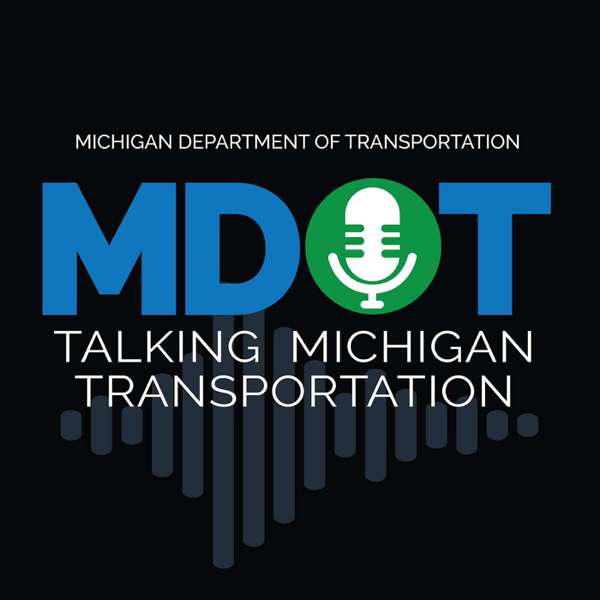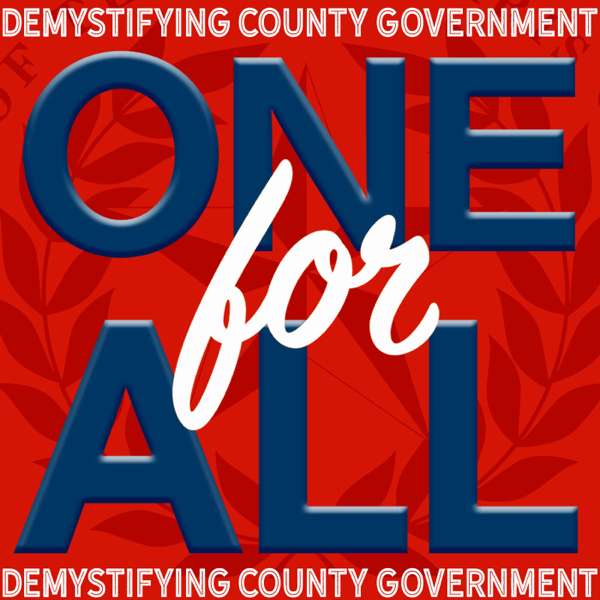In this episode, we delve into a high-stakes legal debate that could redefine the scope of the False Claims Act (FCA). Join us as we explore whether the FCA applies to the E-rate program, a federal initiative providing discounted telecom services to schools and libraries. The case centers on Wisconsin Bell, a subsidiary of AT&T, facing accusations of overcharging under this program.
We’ll break down the essential questions: What qualifies as a “claim” under the FCA? Does the government “provide” funds for the E-rate program, or is it merely overseeing funds sourced from telecom companies? Wisconsin Bell argues that since the money comes directly from telecom providers and not the government, the FCA doesn’t apply—comparing the situation to a teacher instructing a student to lend a pencil to a classmate, where the pencil comes from the student, not the teacher.
On the other side, relator Todd Heath contends that the government’s deep regulatory control over E-rate makes it effectively a government program. He argues that even if the majority of funds are contributed by telecom companies, the government’s direct contribution suffices to trigger the FCA.
We’ll also touch on the Seventh Circuit Court of Appeals siding with Heath and the implications of this ruling conflicting with the Fifth Circuit’s view that the FCA doesn’t cover E-rate. Now, Wisconsin Bell is calling on the Supreme Court to resolve this split, a decision that could set a significant precedent affecting other programs like mortgage lending or the Telecommunications Relay Service Fund.
Other crucial angles we’ll discuss include:
- The 2018 movement of E-rate funds into the U.S. Treasury and its impact on the “government money” analysis.
- Concerns over how a broad interpretation of the FCA could invite lawsuits involving private transactions linked to government oversight.

 Our TOPPODCAST Picks
Our TOPPODCAST Picks  Stay Connected
Stay Connected







